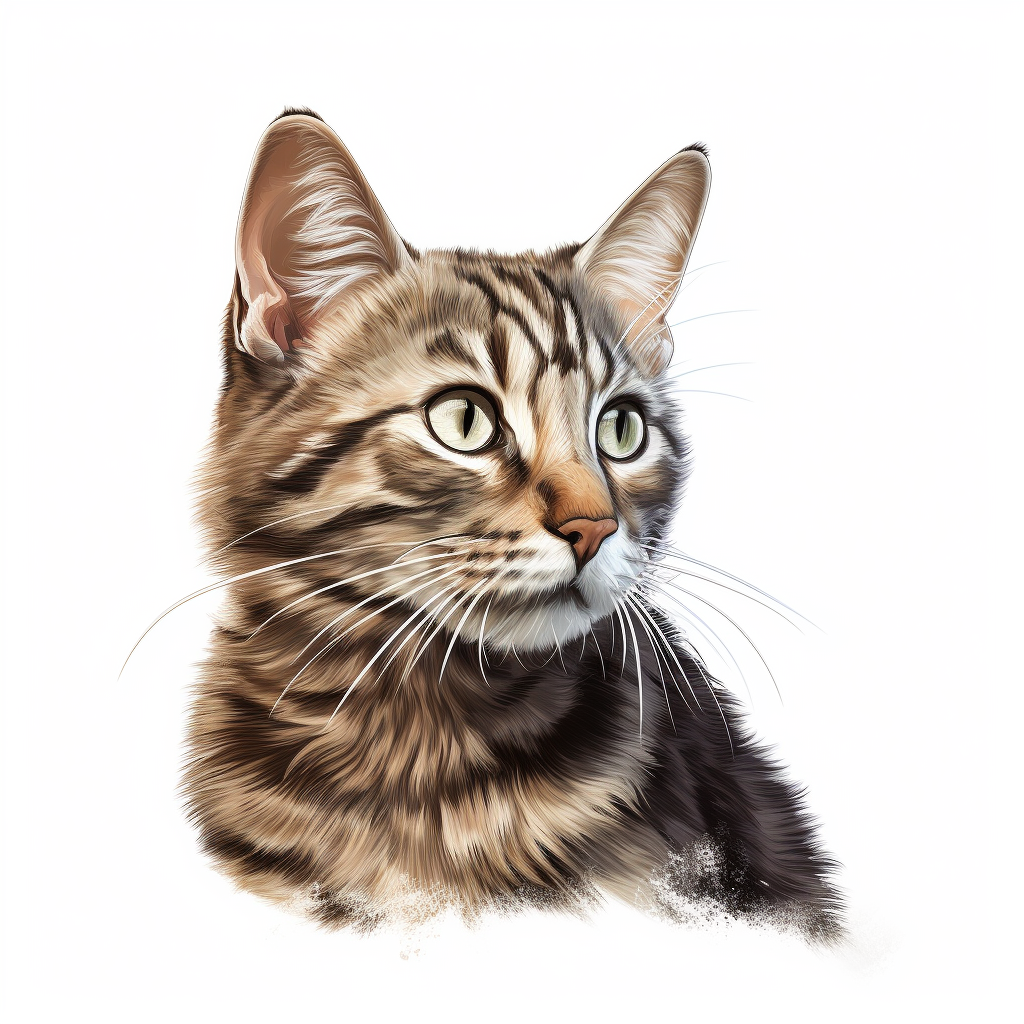A lot of good cooking is in technique. What’s something that you discovered or was told that really changed something meaningful for you? For me, I had struggled a lot to make omelettes. They always wound up becoming scrambled eggs because I sucked at flipping them over to cook on the other side (I like my eggs cooked pretty well so this was important to me.) Finally, watching someone else make an omelette, I noticed they didn’t flip it. They put a lid on the pan, turned the heat down, and let the top cook that way. I tried it myself and now I make almost perfect omelettes every time. Have you had anything like this happen to you? If so, what was it?


That’s probably most similar to what we’d call “flaked corn”, but it’s not something that we see commonly in stores (in America, at least). It is somewhat similar to “corn flakes” which are different.
It’s mainly used for brewing and distilling, and it’s made by taking dry corn, partially cooking it with water, putting it through a roller mill, and then drying it out.
Reading about farinha de milho, it actually might be similar to “corn flakes”, though. It’s a breakfast cereal made by taking ground corn and cooking it in water, and then drying it out in little sheets. It is super common to use as an ingredient in things like fried chicken batter, or as a topping to things you want to be crispy.
I think that either flaked corn or corn flakes could work really well for this. The process behind farinha de milho* is different from both (the maize is hulled, soaked, ground while wet, and dried over low fire), but as long as it’s something pre-cooked it should be fine. And as I mentioned in another comment, people make farofa even out of rolled oats.
*even in Portuguese alone the name is a bit messy, as it’s shared with the maize meal used for polenta. Most people specify the later as “fubá”, I’m used to specify the former as “farinha biju” (biju is the flakes).